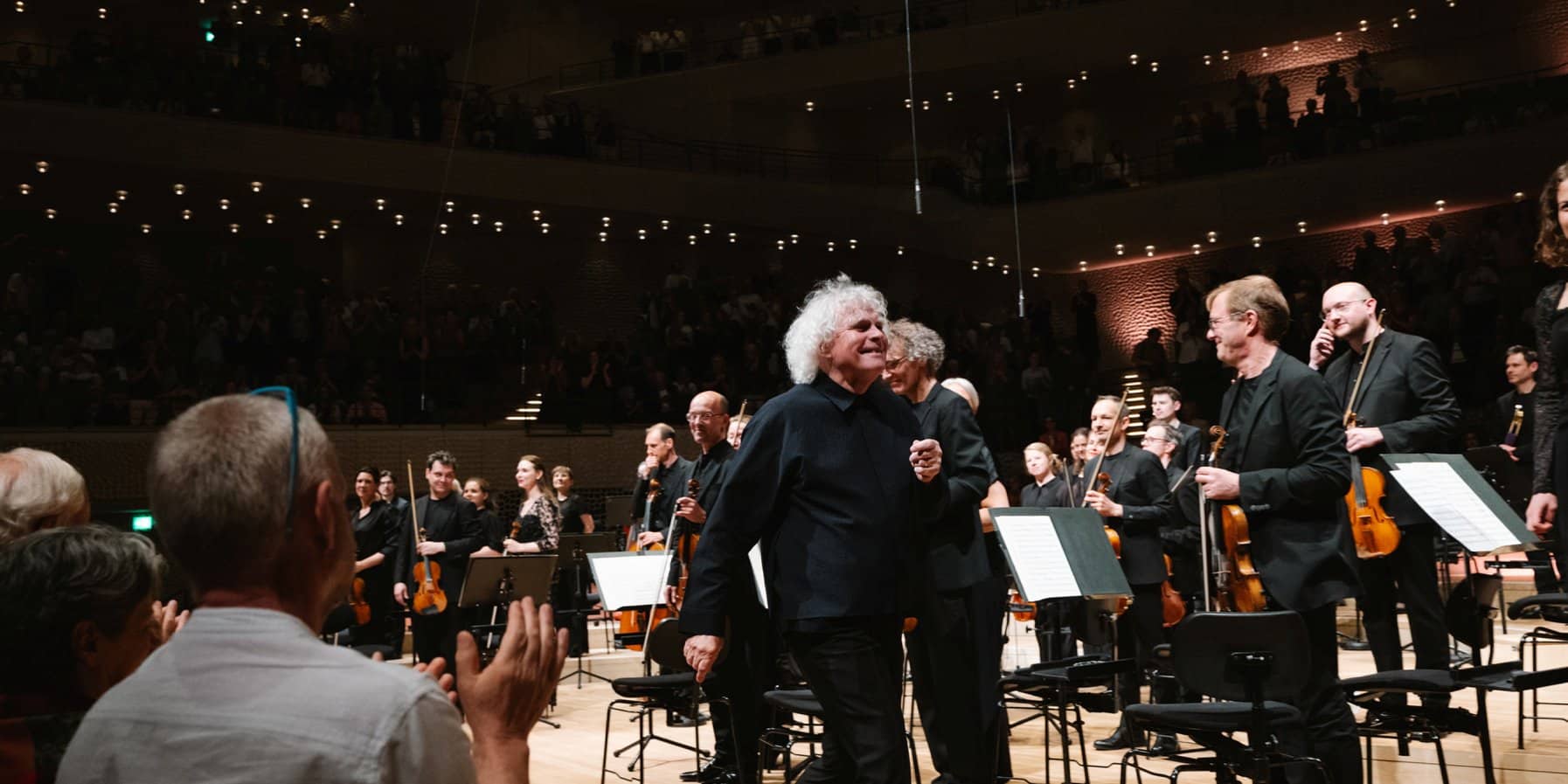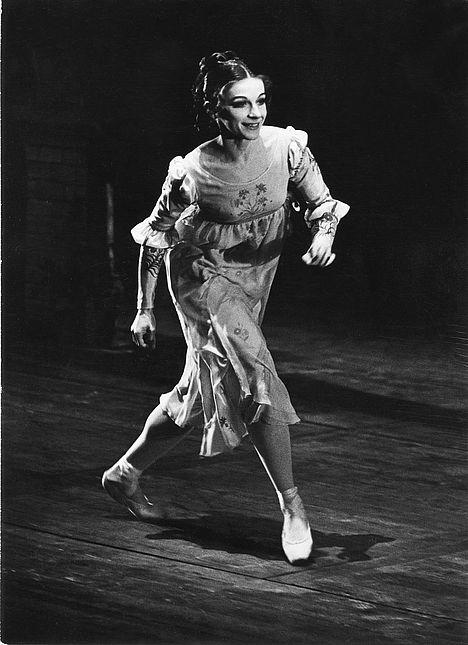Or…. has opera lost its grip in Britain?
mainCharlotte Higgins, in a thoughtful analysis of the ENO crisis this morning, suggests the artform itself might be the problem:
Opera just does not feel as if it is the artform that speaks most urgently to British audiences at the moment. Spend a night in the Coliseum and then go to the Young Vic in London, or to a National Theatre of Scotland or Wales show. One can feel it: there’s an air of inquiry, challenge and excitement around British theatre that seems absent from opera.
She may well be right. But no company has done more than ENO to infuse opera with the brightest talents from British theatre and film. If opera is to regain an extraneous frisson – one unconnected to the thrill of great singing and total music theatre immersion – it is more like to happen at the Coliseum than in any other house in the land.






She’s making a classic mistake: one mismanaged company in central London does not equate to ‘Britain’. Scottish Opera is fearlessly reviving Ines de Castro. Birmingham Opera Company is training an amateur chorus to sing Tippett’s The Ice Break. ETO is putting on Tippett and rare Donizetti in small towns. Welsh National Opera has just won a major national award for staging Moses und Aron. Longborough is following a stupendous privately-funded Ring Cycle with its first Tristan. Opera North’s Ring is sold out everywhere it plays.
Ms Higgins means well but she needs to get out more. There’s a world beyond St Martin’s Lane.
I completely agree, but it is a bit much to expect a London journalist (or Blogmeister for that matter) to travel beyond the M25. There’s a terrific Figaro at ON at the moment. Packed theatre with all ages.
The thing is, even in London there’s abundant evidence of thriving, innovative opera connecting meaningfully with large audiences: from Gubbay selling out the RAH for Butterfly to the ROH’s Cavalli at Shakespeare’s Globe, Tete-a-Tete’s brilliant mini-festivals, Opera Holland Park’s innovative programming, and Ades, Benjamin & Birtwistle operas selling out at Covent Garden.
It’d be nice if she’d acknowledged that work of some importance might be happening outside of the M25, but you don’t even have to look beyond WC2 to see that it’s a bit silly to extrapolate a narrative of national crisis from one badly-managed company.
ENO has consistently engaged with the public. It has excellent outreach programs, has reach into mainstream media and it’s repertoire is varied and often challenging. There are two problems here: public funding, and the large and unwieldy structure that has built up around most arts organisations.
Time to drop the ‘E’ of ENO.
It may be true that “no company has done more than ENO to infuse opera with the brightest talents from British theatre and film” but what it should actually be doing is infusing opera with the brightest talents from British opera!
Perhaps because opera is saddled with all that boring old music that just gets in the way of what the director wants?
The ENO does make a huge effort but quite often it is a producer of absolute turkeys. Julius Caesar, Fidelio, Fledermaus, Rigoletto? Expensive directors with no respect for the music and often no understanding of it either.